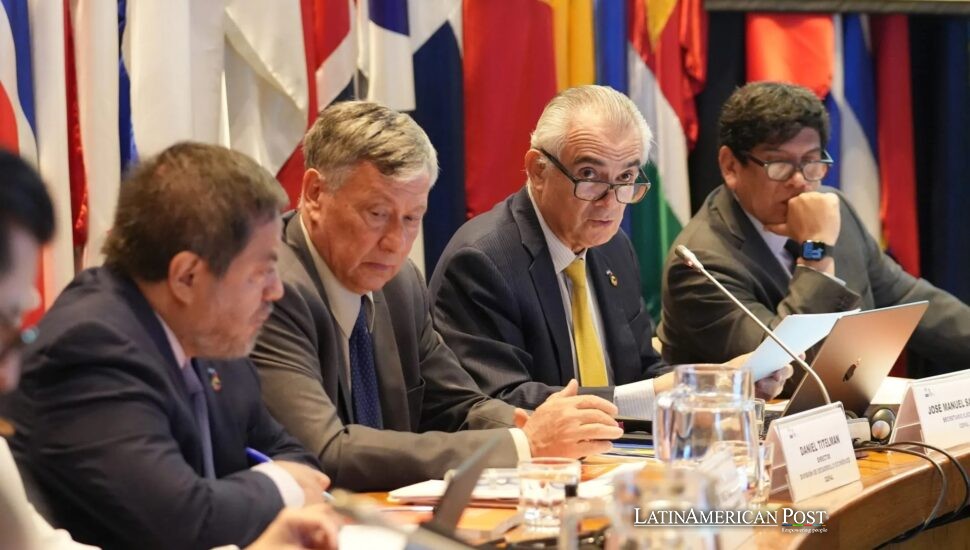Latin America Grapples with Anti-Incumbent and Populist Shifts

In 2024, elections across Latin America sent a resounding message: people are fed up with corruption, disappointed in long-standing leaders, and eager for new voices to shape their countries’ futures.
A Growing Wave of Anti-Incumbent Sentiment
From Mexico to Venezuela and Colombia, voters used the ballot box to express years of pent-up frustration. In some places, this discontent sprang from persistent corruption scandals; in others, the simple lack of tangible progress pushed people to seek change. Mexico witnessed established parties crumble under public demands for accountability, while Venezuela’s opposition secured an overwhelming mandate against an entrenched authoritarian regime. Although each country’s story is unique, a shared theme has emerged: citizens want leaders who can deliver on promises rather than recycle the same failures.
Populism: A Possible Remedy or Risk?
As old political structures cracked, populist figures surged. Many arrived on the scene with bold promises—tackling poverty, boosting employment, or confronting crime. Argentina and Brazil, for example, experienced massive rallies where populist candidates pledged to champion the average citizen against out-of-touch elites.
Yet populism can be a double-edged sword. Populism expresses real complaints plus unites neglected groups. However, such movements often lead to misuse of power when officials bypass legal limits. A significant worry stems from populist leaders attempting to damage neutral organizations, restricting open discussion to fueling even worse conflicts in already tense communities.
Foreign Influence and Organized Crime
Political instability exists alongside foreign control and criminal networks. China and Russia invest money in local infrastructure and power projects—often through shady deals that hint at control. A criminal factor presents extra problems. Mexican cartels still maintain vast power and influence. These networks expand when governments shift, which really hurts public faith in officials.
The situation in Venezuela demonstrates how corruption and crime networks blend with state bodies. This combination causes social problems in addition to mass migration. Foreign powers exploit these weaknesses to further their plans, which adds more chaos, making it very hard for democracies to heal.
Finding a Path Forward
Even as these challenges loom, meaningful efforts are underway to reinforce democracy. Many Latin American governments are looking for ways to strengthen the rule of law, such as creating more transparent courts and giving investigators greater independence to pursue corruption. The contribution of grassroots movements and civil society organizations helps to alert citizens about problems and motivates vigilance.
A very significant part links to economic advancement. Countries need to support local business owners, put money into schools, and fix major income differences to reduce the factors that lead to public anger and criminal networks. Coordination among nations remains essential. Security accords with shared data and trade alliances really fix various stubborn regional problems.
The United States assists by maintaining good relations, offering financial aid, and backing programs against corruption and human rights. Such steps might not fix all issues alone, but they could support reforms and add stability to areas that face ongoing problems.
Looking to the Future
The 2024 elections reveal Latin America’s deep desire for fundamental transformation. Citizens throughout these nations reject the old system and dare to dream of fresh leaders who value fairness, responsibility, and meaningful advancement. A key moment stands before us—it might lead to actual reforms or spark more instability based on how the new officials tackle corruption, create economic prospects, and secure democratic systems.
Also Read: Judicial Reform in Mexico: A Threat to Legal Certainty and the Division of Powers
Latin America stands at a crossroads. The actions taken now—by policymakers, activists, and citizens—will determine whether these nations can successfully navigate the risks of populism, counter criminal influences, and resist foreign manipulation. With persistent effort and an unyielding commitment to democratic ideals, there is a genuine chance to forge a stronger, more hopeful future for the entire region.





